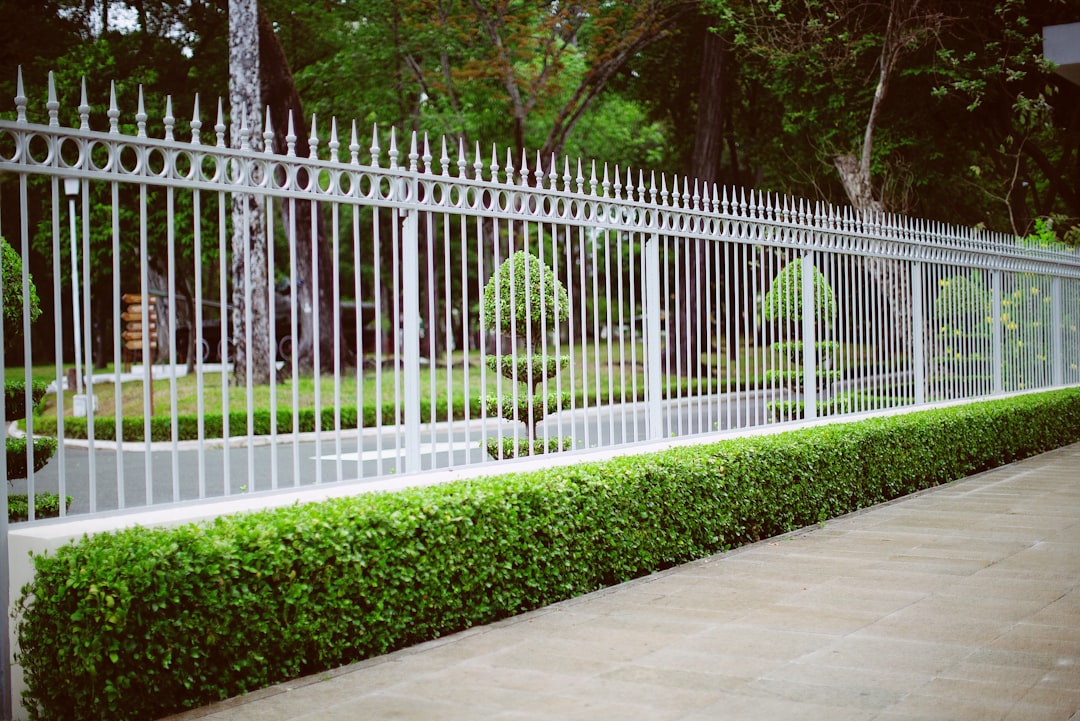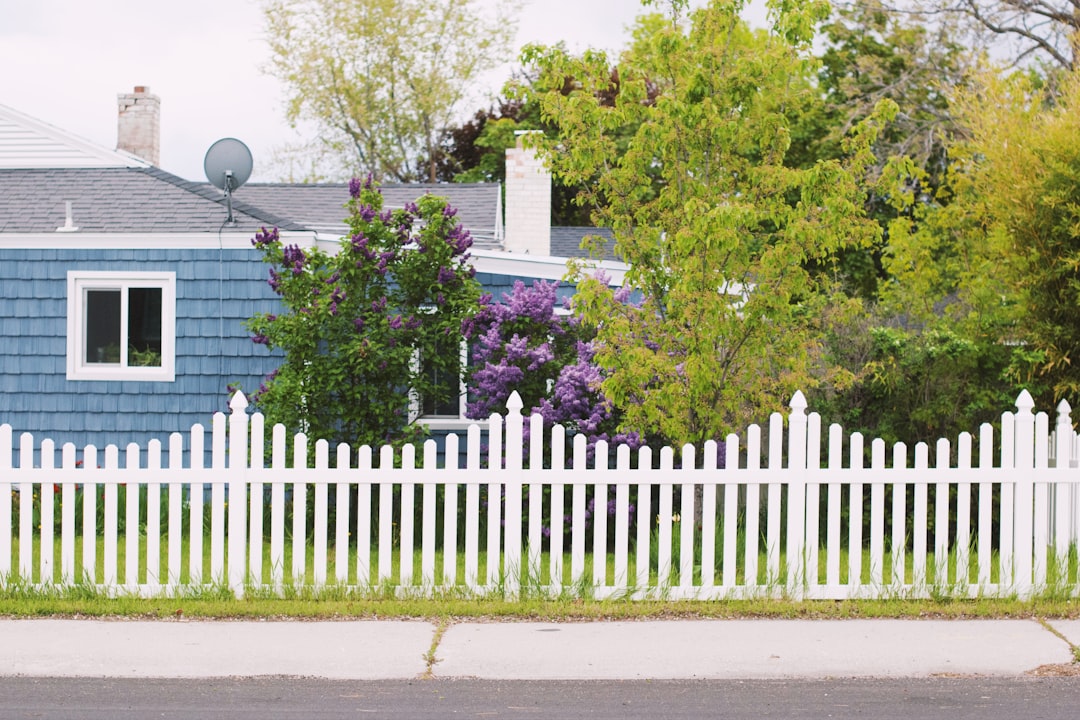When hiring a Fence Company, understanding local codes and regulations is essential. Each area has specific guidelines for fence materials, dimensions, and styles to maintain safety, privacy, and aesthetic harmony. Compliance with these rules, including height restrictions and color schemes for historical districts, ensures smooth installation, prevents legal issues, and fines. Property owners should research their region's building permits and zoning regulations. Reputable Fence Companies prioritize code compliance for ethical reasons, avoiding legal repercussions, and maintaining community trust. They offer guidance on material choices, design considerations, permits, height restrictions, and safety features, ensuring structural integrity and aligning with community expectations.
When a Fence Company builds or installs fences, adhering to local codes and regulations is paramount. These guidelines ensure safety, property value, and community harmony. This article explores the critical aspects of local code compliance, providing insights for both professionals and homeowners. We delve into the significance of meeting fence regulations, offering best practices to facilitate seamless integration of new fences while respecting established standards. By understanding these requirements, you can create durable, compliant barriers that enhance your property without compromising safety or community aesthetics.
- Understanding Local Codes and Regulations for Fences
- The Importance of Compliance for Professional Fence Companies
- Best Practices for Building Fences According to Local Standards
Understanding Local Codes and Regulations for Fences

When considering fence installation or replacement, understanding local codes and regulations is paramount. Each municipality has its own set of guidelines dictating materials, dimensions, and styles permissible for fences. These rules are in place to ensure safety, privacy, and aesthetic harmony within neighborhoods. For instance, a fence company might need to adhere to specific height restrictions for property boundaries or follow certain color schemes for historical districts.
Knowing these local codes is crucial when dealing with a fence company. It allows for seamless installation, avoiding future legal issues and potential fines. Property owners should research their area’s building permits and zoning regulations to familiarize themselves with the requirements. This proactive approach ensures that the new fence not only enhances outdoor spaces but also complies with the community’s established standards.
The Importance of Compliance for Professional Fence Companies

For professional fence companies, adhering to local codes and regulations is not just a legal requirement—it’s a cornerstone of good business practice. Compliance ensures that fences are built safely and securely, protecting both the property owners and the public. It also fosters trust and reliability among clients, as they know their investment is in capable hands. Non-compliance can lead to hefty fines, damage to reputation, and even legal liabilities, making it a critical aspect for any Fence Company to prioritize.
Meeting local standards ensures that fences not only enhance the aesthetic appeal of properties but also serve their intended purpose—whether it’s providing privacy, security, or defining property lines. Professional fence companies that understand and follow these regulations stand out in the market, offering peace of mind and high-quality workmanship that meets both community expectations and legal mandates.
Best Practices for Building Fences According to Local Standards

When it comes to building fences, adhering to local codes and regulations is non-negotiable. This ensures safety, structural integrity, and compliance with community standards. Before breaking ground, it’s crucial to consult with a reputable fence company that’s well-versed in these regulations. They can provide guidance on everything from material choices to design considerations, ensuring your fence not only meets but exceeds local requirements.
Best practices for building fences according to local standards involve careful planning and attention to detail. This includes obtaining the necessary permits, understanding height restrictions, and incorporating safety features like gates with locks. Additionally, choosing materials that are durable and suitable for your climate is essential. A professional fence company can offer expert advice on maintenance and upkeep, guaranteeing your fence remains in top condition for years to come.
When it comes to fence construction, adhering to local codes and regulations is paramount for both professional fence companies and homeowners. By ensuring fences are built according to these standards, residents can enjoy safe and durable structures that enhance property values. For fence companies, compliance with local rules not only maintains professionalism but also fosters trust and satisfaction among clients. Understanding and following best practices guarantees fences that are both functional and aesthetically pleasing, solidifying the reputation of reputable fence companies.
